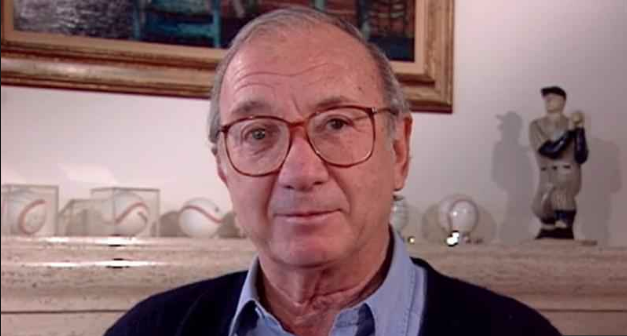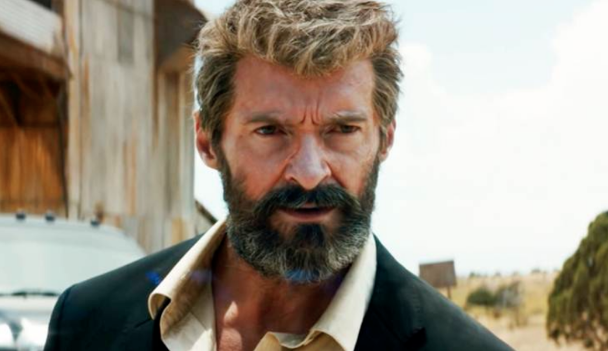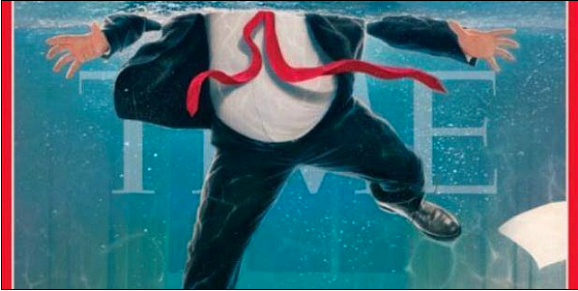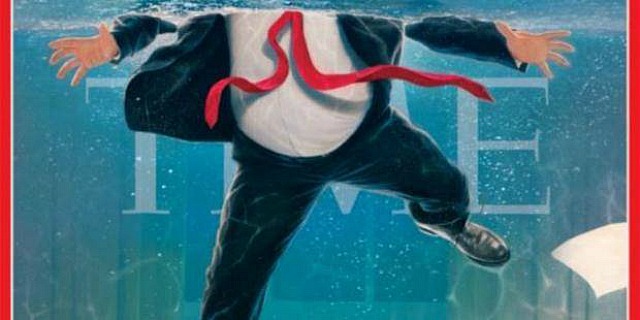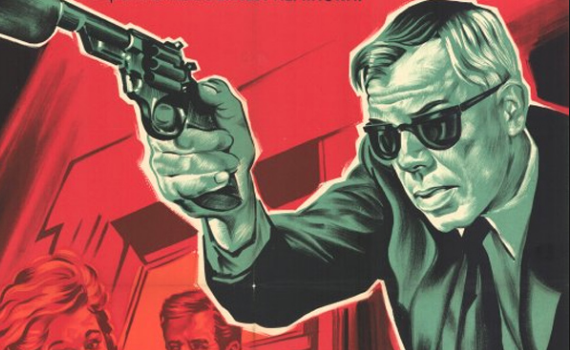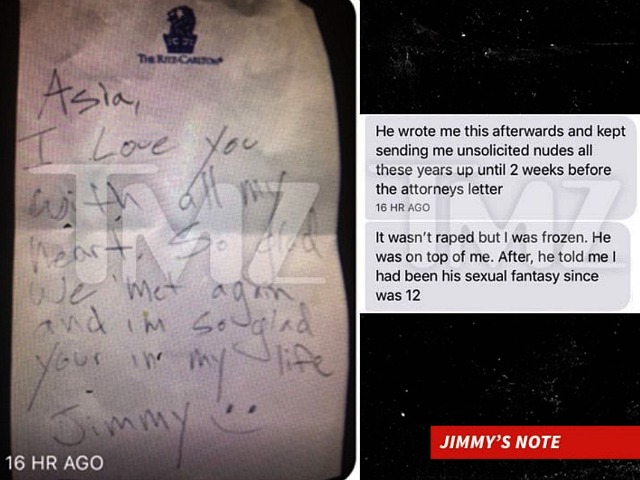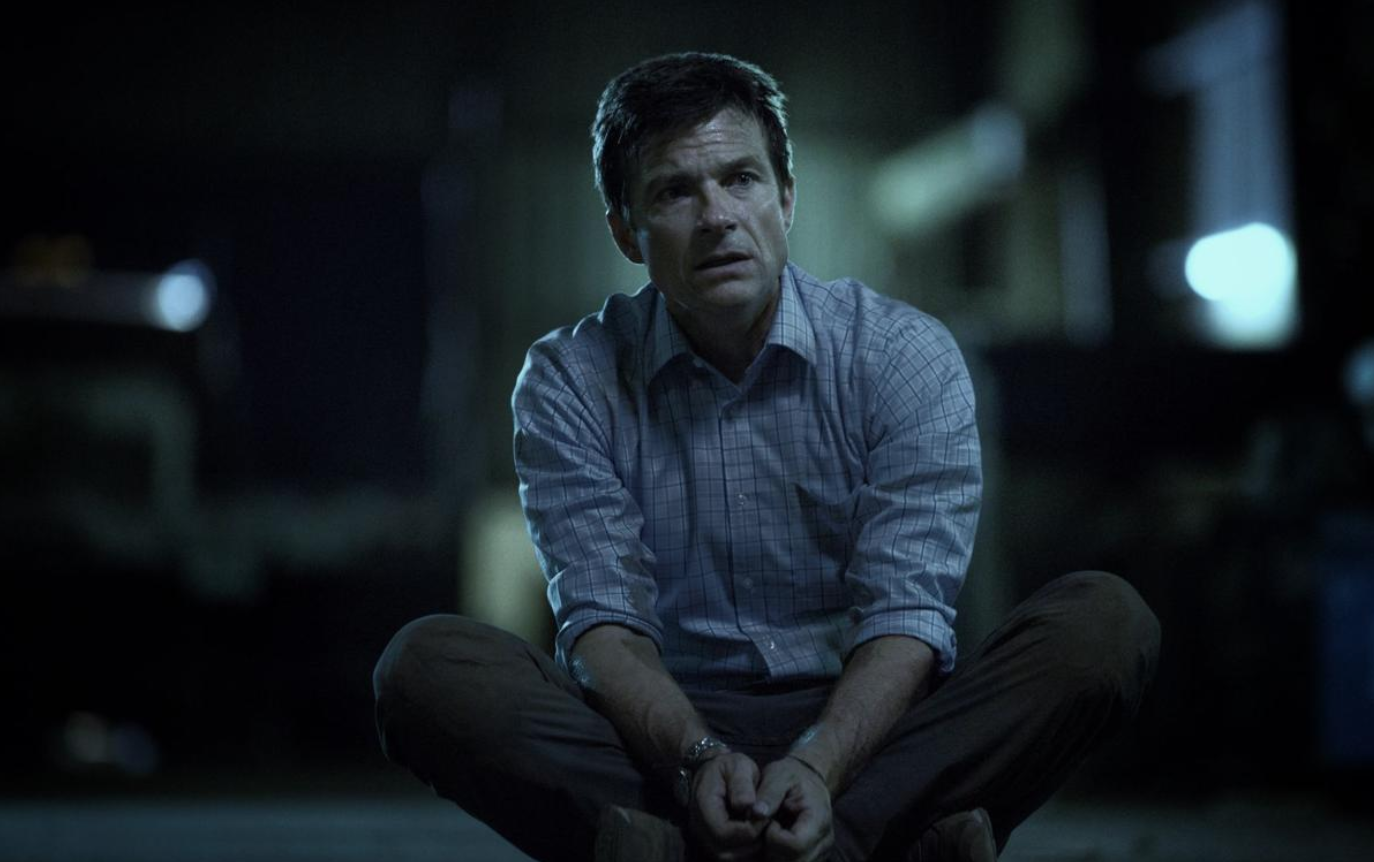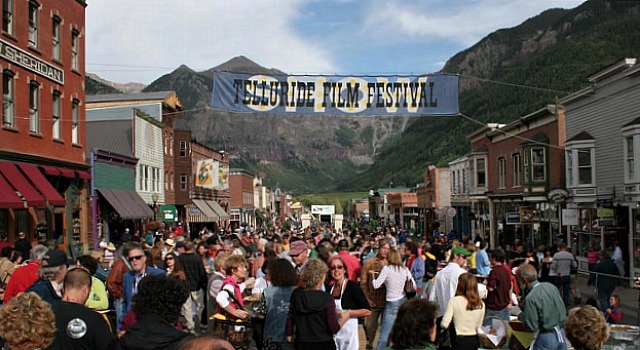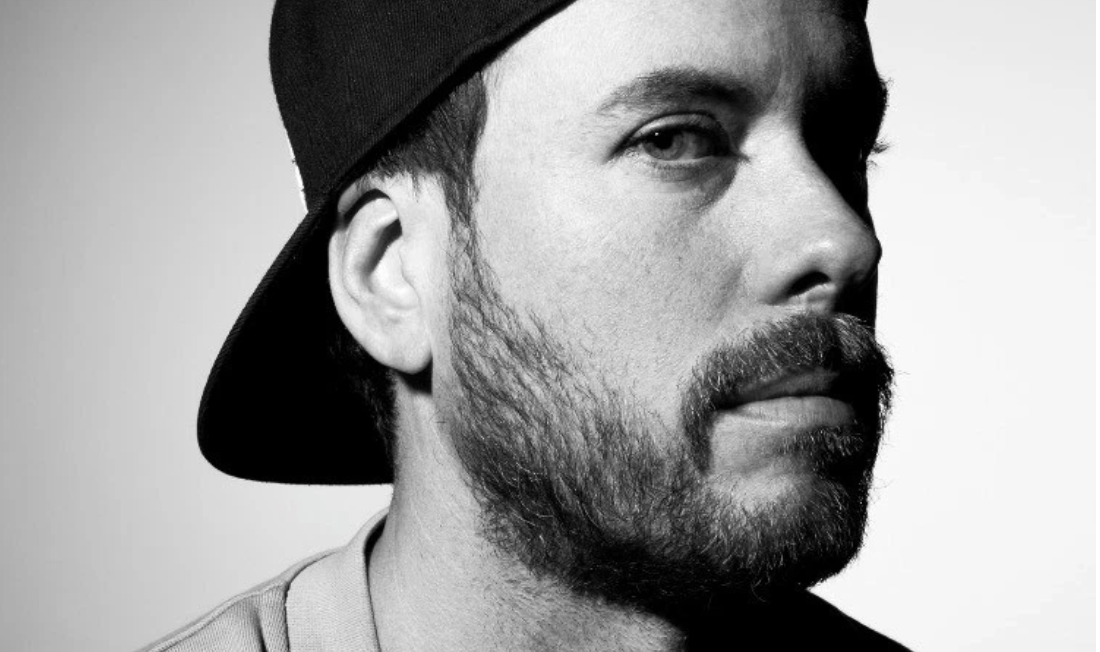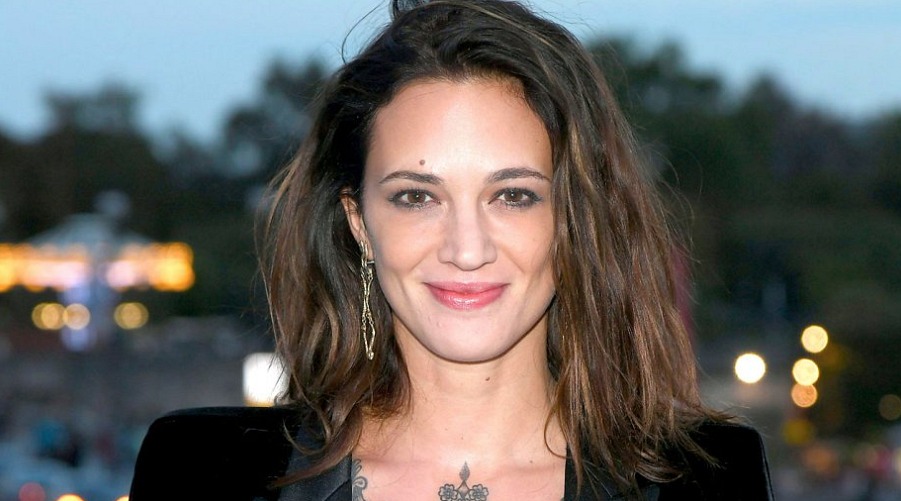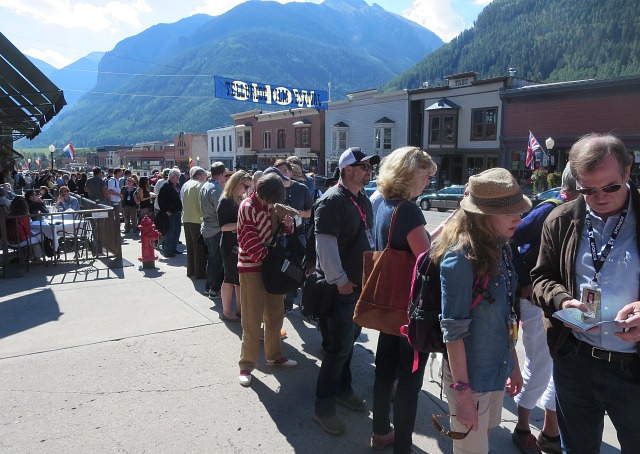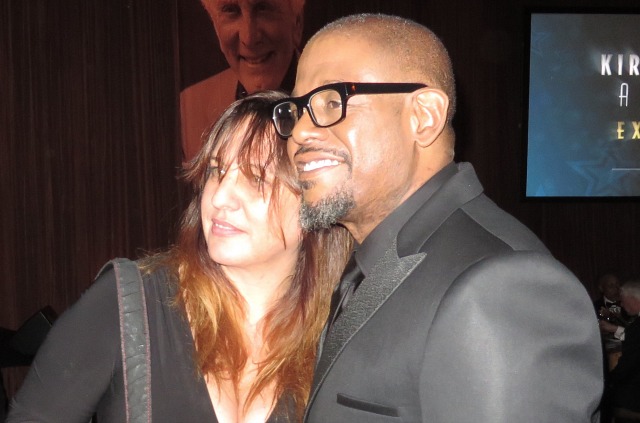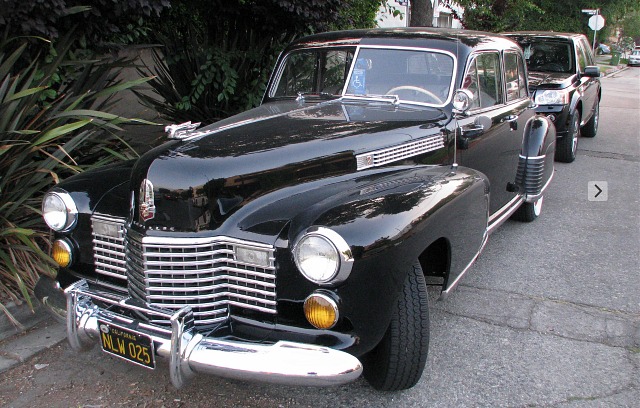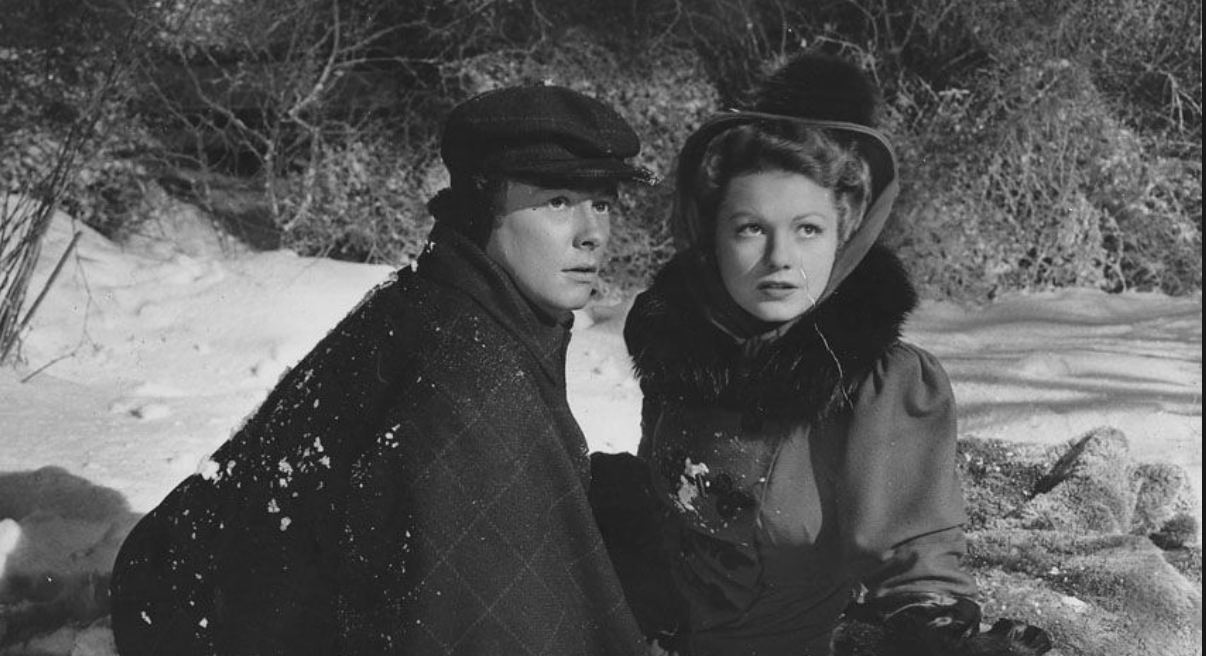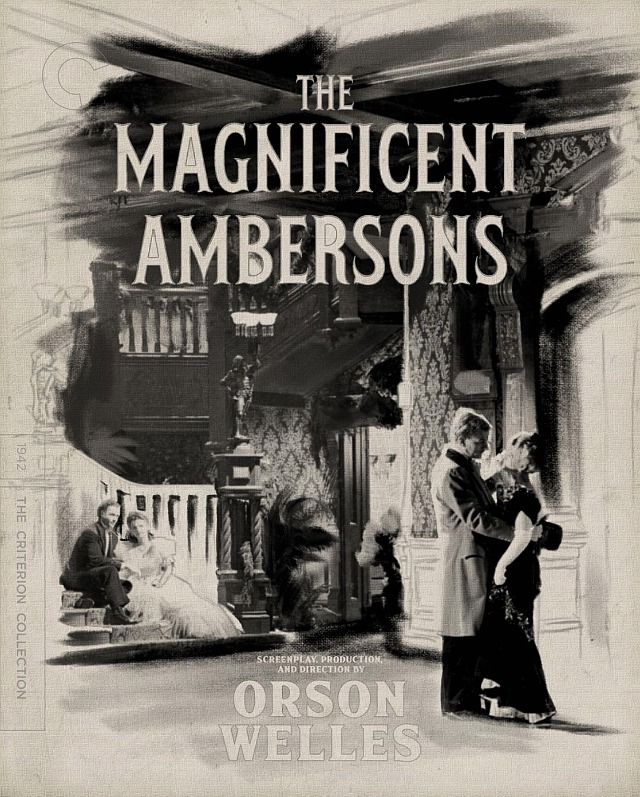The great Neil Simon has passed at the age of 91. Great as in hugely popular, prolific, hard-working, driven. I always admired his success and relentless output and came to respect some of his more mature material of the ’70s and ’80s, but I never regarded him as a heavyweight. Which he didn’t need to be because he was “Neil Simon.”
I was always impressed and often amused by Simon’s screenplays, which were usually adaptations of his hit Broadway plays, but I never thought they were profoundly moving or emotionally devastating or anything in that realm. They were mostly safe, likable and easily digestible stories about middle-class relationships (love affairs, marriages, families) for all ages but mostly for people born between the 1920s to the mid ’40s, or those who came of age with a “life can be brutally hard” sensibility that definitely resulted in a pre-boomer attitude.
Born in 1927, Simon grew up during the Depression and World War II and obviously believed that the gift of laughter was worth its weight in gold. His plays were never silly or juvenile and occasionally had bite and tension, but they were always “likable” and uplifting. Simon was a smart, very shrewd guy who used his life experience (struggling New York Jewish) to propel and sharpen his stories, but he always needed to entertain. And that he did. He wrote clean and true and, having come from TV comedy in the ’50s, knew about timing and pacing. His dialogue always felt “written,” but in a pleasingly professional way.
Simon was always a New York playwright first and a Hollywood screenwriter second.
A few months ago I re-watched Gene Saks‘ adaptation of Barefoot in the Park (’67), which Simon wrote in the very early ’60s (which were basically the ’50s extended up until the Kennedy assassination) and which opened on Broadway in October 1963. Costarring Jane Fonda, Robert Redford, Mildred Natwick and Charles Boyer, it’s very easy, witty and unthreatening. Always alert and “real” as far as it went, and never tiresome or lacking in pep.
As a failed screenwriter I know something about how difficult it is to write well and concisely while generating laughs and sustaining dramatic tension, and so I have nothing but respect for that play and film. But there’s nothing earth-shattering about it.

